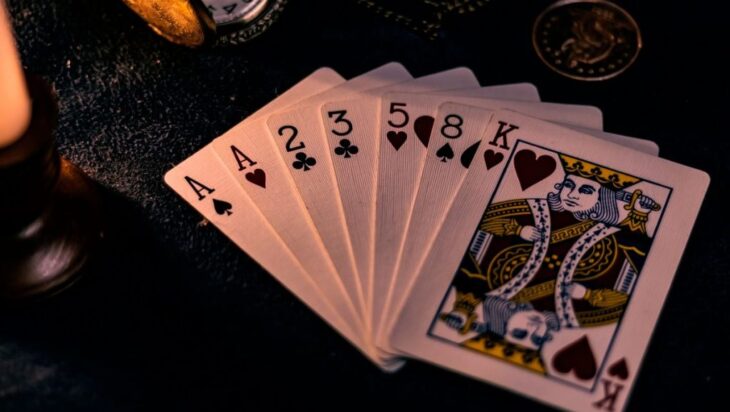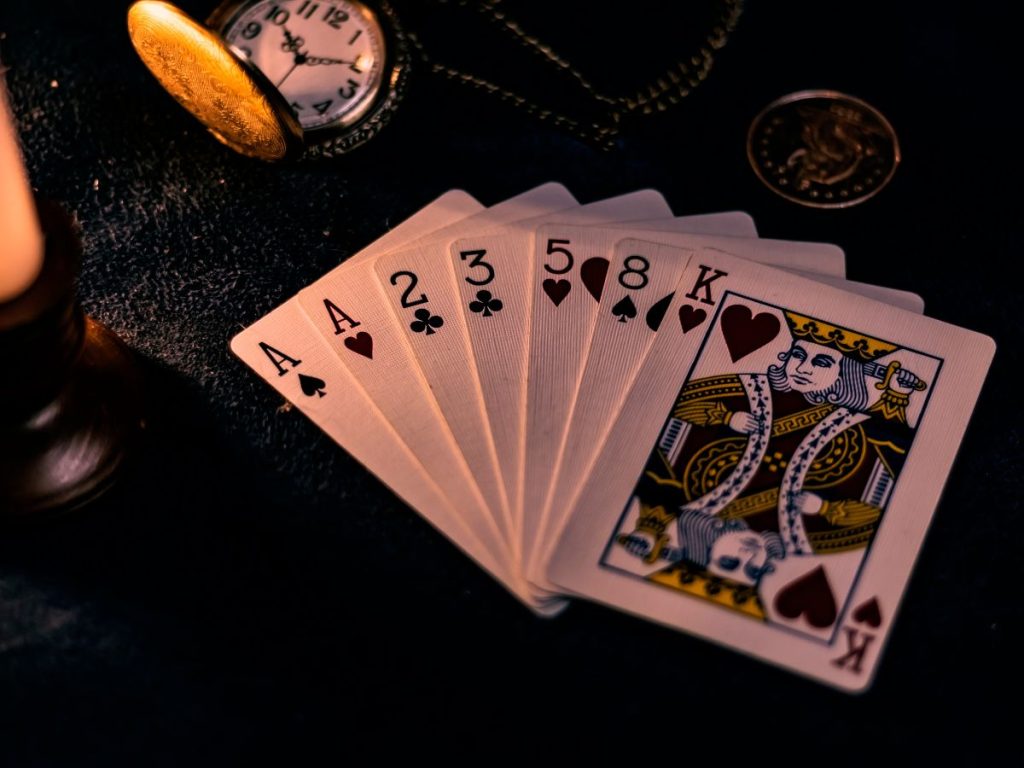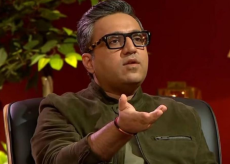From ancient magic to modern strategy: The evolution of luck and skill in card games

Prepend to the content

Card games have been around for a long time, mixing luck and skill. Over the years, different cultures have created various card games that highlight these aspects in different ways. Here’s a look at how luck and skill have influenced the history of card games.
Early History and Development
Card games are thought to have started in China during the Tang dynasty (618–907 AD). The first mentions of card games can be found in Chinese writings from the 9th century. These early games were often played for gambling, which relied heavily on luck. Historically, card games were often associated with elements of fate and divination. This association can be traced back to ancient civilizations such as China and Egypt, where playing cards were used not only for entertainment but also for fortune-telling and divination purposes. The complex designs and symbols on the cards were believed to hold mystical significance and could reveal insights into the future.
In medieval Europe, playing cards continued to be associated with notions of fate and destiny. The Tarot, a deck of cards with symbolic imagery, became particularly popular for divination purposes during this time. Each card in the Tarot deck was believed to represent various aspects of life, including love, fortune, and adversity, and their arrangement in a spread was thought to offer insights into a person’s past, present, and future.
By the 14th century, card games had spread to the Islamic world and Europe, where they began to diversify and evolve. The Mamluks of Egypt are known to have created a deck of cards that would later influence European designs. The European adaptation of these cards led to the creation of various regional decks, such as the Tarot cards in Italy, which were initially used for game playing before being adopted for divination.
Emergence of Skill in Card Games
Games like Tarot and Whist need skill. Players must think carefully about their cards and their opponents’ cards. They need to remember which cards have been played. Good players can guess what might happen next. They also need to know the rules of the game, like when to bid or what cards to play. Luck is part of the game, but being good at making decisions is important too. So, becoming great at Tarot and Whist takes practice and thinking smart.
These games helped people get skilled at playing cards. The focus shifted more towards their recreational and gambling aspects. They set the stage for modern favorites like Poker and Bridge. Poker, blackjack, and bridge gained popularity in social circles, pubs, and gambling halls, leading to a gradual transition from seeing cards as instruments of fate to recognizing them as tools for testing one’s luck and skill.
People made rules for these games and wrote them down in books. This made it easier for everyone to learn and get better at playing. In the 1900s, card games became more serious. People started holding big tournaments like the World Series of Poker. Then, technology came along and changed things even more. Now, you can play card games online and even play against computers. There are also lots of resources to help you learn advanced strategies. Mastering card games involves lots of skills like planning, remembering, and understanding people’s thoughts and feelings. These skills have been getting better for centuries thanks to all the playing and competing.
This transition was further fueled by advancements in probability theory and mathematics, which provided insights into the statistical probabilities and strategies involved in card games. Scholars and mathematicians began to analyze games like poker and blackjack, developing strategies to optimize one’s chances of winning based on the cards dealt and the decisions made during gameplay.
Fate in Card Games
In card games, fate, or luck, is very important. When cards are shuffled and dealt, nobody knows what cards they will get. This makes each game different and exciting. Some games, like War, are entirely based on luck. Players just flip cards, and the one with the higher card wins. There’s no skill involved. Other games, like Baccarat and certain types of Poker, also rely on luck, but players can use some skill too. It’s like playing a game of chance mixed with a bit of strategy.
Skill in Card Games
Some card games need a lot of skill. In games like Bridge, players have to think strategically and remember which cards were played. Poker is a mix of luck and skill. Good players are good at math, understanding people, and knowing when to bet. Blackjack is also about math and strategy. Some players even count cards to have a better chance of winning against the house. In these games, players need to use their brains and know the rules well to do well.
Evolution of Card Games
Over the years, the balance between luck and skill has changed as new games and versions have come up. Here are some examples:
Tarot: It started as a card game where players try to win tricks. But later, it became a way to predict the future. This mixes ideas of fate with the skills needed to play.
Solitaire: This game is mostly about being patient and making smart moves when you’re playing alone. But the way the cards are laid out at the start is all luck.
Modern Board and Card Games: Games like Magic: The Gathering mix strategy (skill) with luck because you never know which cards you’ll draw from your deck.
Cultural Impact
In card games, the mix of luck and skill shows how people think about fate and our ability to control things. In lots of cultures, the luck part of card games represents how life can be unpredictable. But the skill part shows how much people value being smart and having a plan.
Card games aren’t just for fun; they can also teach us about our culture. For instance, Bridge clubs and Poker tournaments bring people together to have fun and compete. They mix socializing with using our brains.
The story of card games shows how much people have always been interested in luck and skill. These games are like a small version of life, with its ups and downs. They give players the excitement of luck and the feeling of getting better at something. As card games keep changing, they’ll still have this mix of luck and skill, showing what different cultures care about.
Today, card games are predominantly viewed as games of luck and skill rather than as tools for divination or fortune-telling. While luck certainly plays a significant role in determining the outcome of each hand or game, skillful players can leverage strategy, probability, and psychology to gain an edge over their opponents. The perception of card games has thus evolved over time, reflecting changes in cultural attitudes, advancements in mathematics and probability theory, and shifts in how people approach games and gambling.
The post From ancient magic to modern strategy: The evolution of luck and skill in card games appeared first on G2G News.



